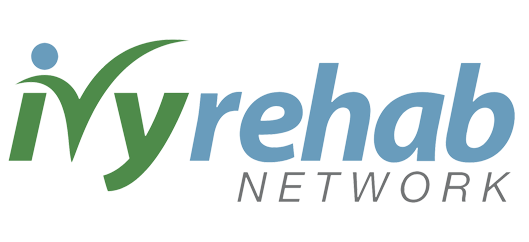Recognizing OUD?
OUD can impact many areas of a person’s life, including health, relationships, work and much more. With such a broad spectrum, it’s not surprising that OUD can look very different from person to person. People can have mild to severe OUD. People can develop OUD whether they are initially prescribed opioids or start with illegal opioids.
Although OUD can manifest in a variety of ways, there are some signs to look for and risk factors that can help predict the likelihood of developing OUD.
People with OUD are sometimes characterized as having problems with four C’s: compulsion, cravings, consequences and control.
As such, they often:
- Take a higher dose than prescribed or use the medication when they are not in pain.
- Sleep a lot more or less than usual.
- Routinely combine their opioid with other sedating medications or alcohol.
- Borrow medication from others.
- Lie about losing medication to try to get a prescription for more.
- Have excessive mood swings.
- Put themselves and others in danger.
- Engage in criminal activity.
- Are involved in motor-vehicle accidents.
- Perform poorly at school or work, lose interest or miss days
- Have a lack of energy
- Neglect their appearance
- Become more secretive
- Develop issues with money or take money without permission
If these signs or symptoms are present, be sure to bring them to the attention of your medical provider. More formally, the Diagnostic and Statistical Manual of Mental Health Disorders (DSM-5) specifies the criteria to diagnose OUD. According to the DSM-5, those with OUD display two or more of behaviors such as:
- Taking more of an opioid than intended.
- Trying to stop taking opioids and failing.
- Spending lots of time trying to get opioids.
- Craving opioids.
- Failing to fulfill obligations.
- Having repeated conflicts with people.
- Giving up important things for opioids.
- Using opioids in dangerous situations.
- Knowing that opioids are causing significant consequences and using them anyway.
Having tolerance for opioids. - Experiencing withdrawal symptoms.
Your provider can use this tool to determine if OUD is present. This tool can also be used by other kinds of medical and psychological professionals to help you get treatment.
Preventing OUD
Opioid Use Disorder can happen to anyone. However, when opioids are used in the right patient for the right indication at the right dose for the right length of treatment, risks can be lowered. To help protect yourself against OUD:
- Take opioids exactly as prescribed.
- Don‘t take anyone else’s medication.
- Share any other medications or substances you use with health care providers, so they can consider potential interactions.
When someone you care about is using opioids, you can proactively take steps to help prevent them from developing OUD:
- Store opioids safely and monitor them while taking the drugs.
- Remove opioids from the house when they are no longer needed.
- Consider or suggest opioid alternatives to manage pain.
- Working with the medical provider if symptoms develop.
- If you think someone you know has OUD, and they won’t get help, you might consider staging an opioid intervention.
Approaching a loved-one about OUD
Approaching a loved one who is addicted to opioids can be challenging, but it’s important to show them care and support. Here are some steps you can take to approach the situation in the best way possible:
1. Educate yourself: Learn about opioid addiction and its effects. Understanding the challenges your loved one is facing will help you approach them with empathy and knowledge. You can find information from reliable sources like books, websites, or support groups.
2. Choose the right time and place: Find a calm and private setting to talk to your loved one. It’s important to choose a time when they are sober and not experiencing withdrawal symptoms. This will increase the chances of having a productive conversation.
3. Express your concern and offer support: Start the conversation by expressing your love and concern for their well-being. Speak respectfully. Let them know that you are there to support them and that you want to help them overcome their addiction. Avoid blaming or judging them, as this may make them defensive.
4. Encourage professional help: Suggest seeking professional help, such as a doctor or addiction counselor. They can provide guidance, treatment options, and support tailored to your loved one’s needs. Offer to accompany them to appointments or help them find resources in their community.
5. Maintain open communication: Keep the lines of communication open and let your loved one know that you are always there for them. Encourage them to share their feelings and experiences without fear of judgment. Remind them that recovery is possible and that they are not alone in this journey.
© 1998-2024 Mayo Foundation for Medical Education and Research (MFMER). All rights reserved

Sign up for Updates
To stay up to date please provide your email address.
-
By giving us your email you are opting-in to receive news and promotions
Sign up for Updates
To stay up to date please provide your email address.
-
By giving us your email you are opting-in to receive news and promotions






